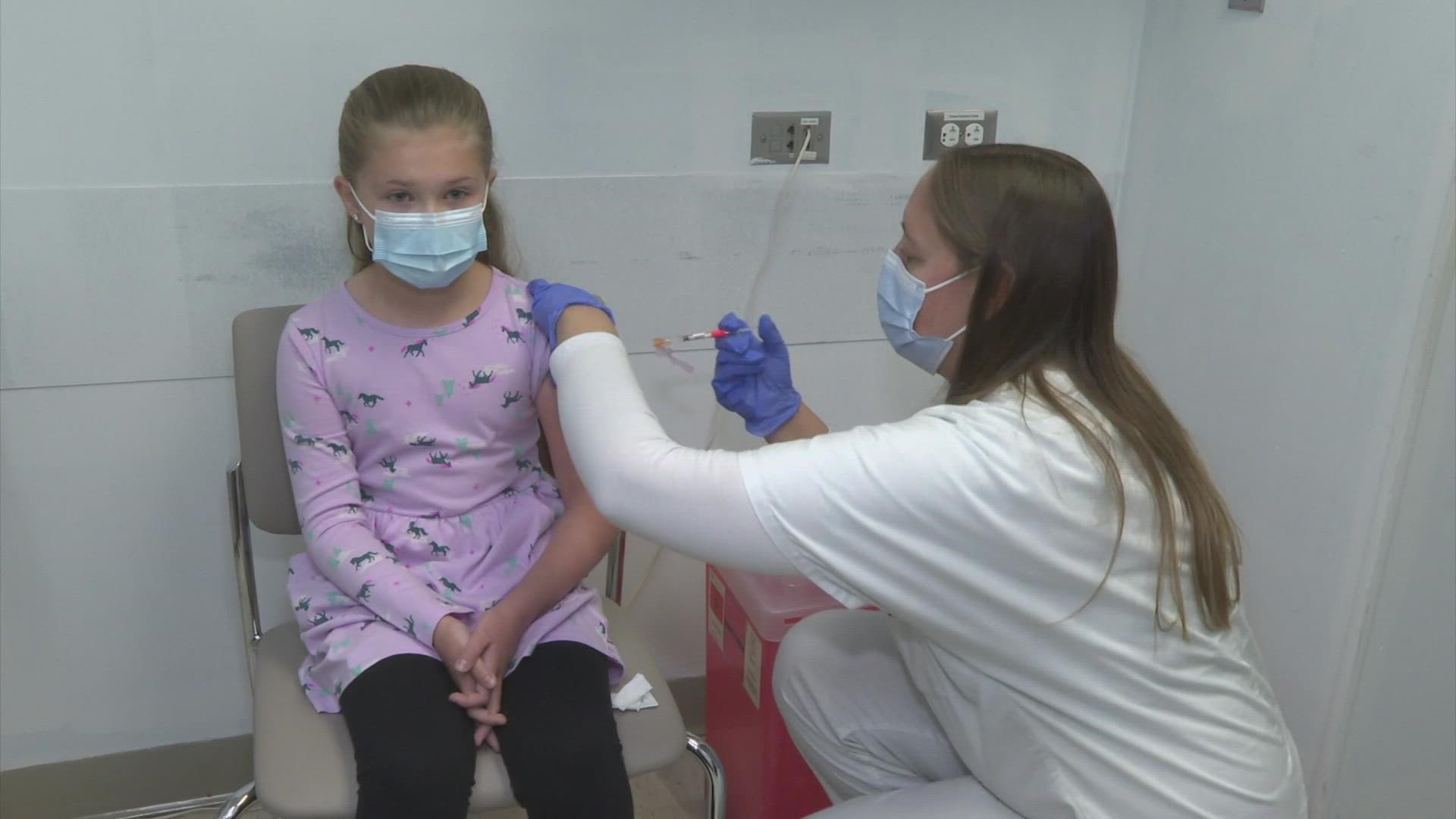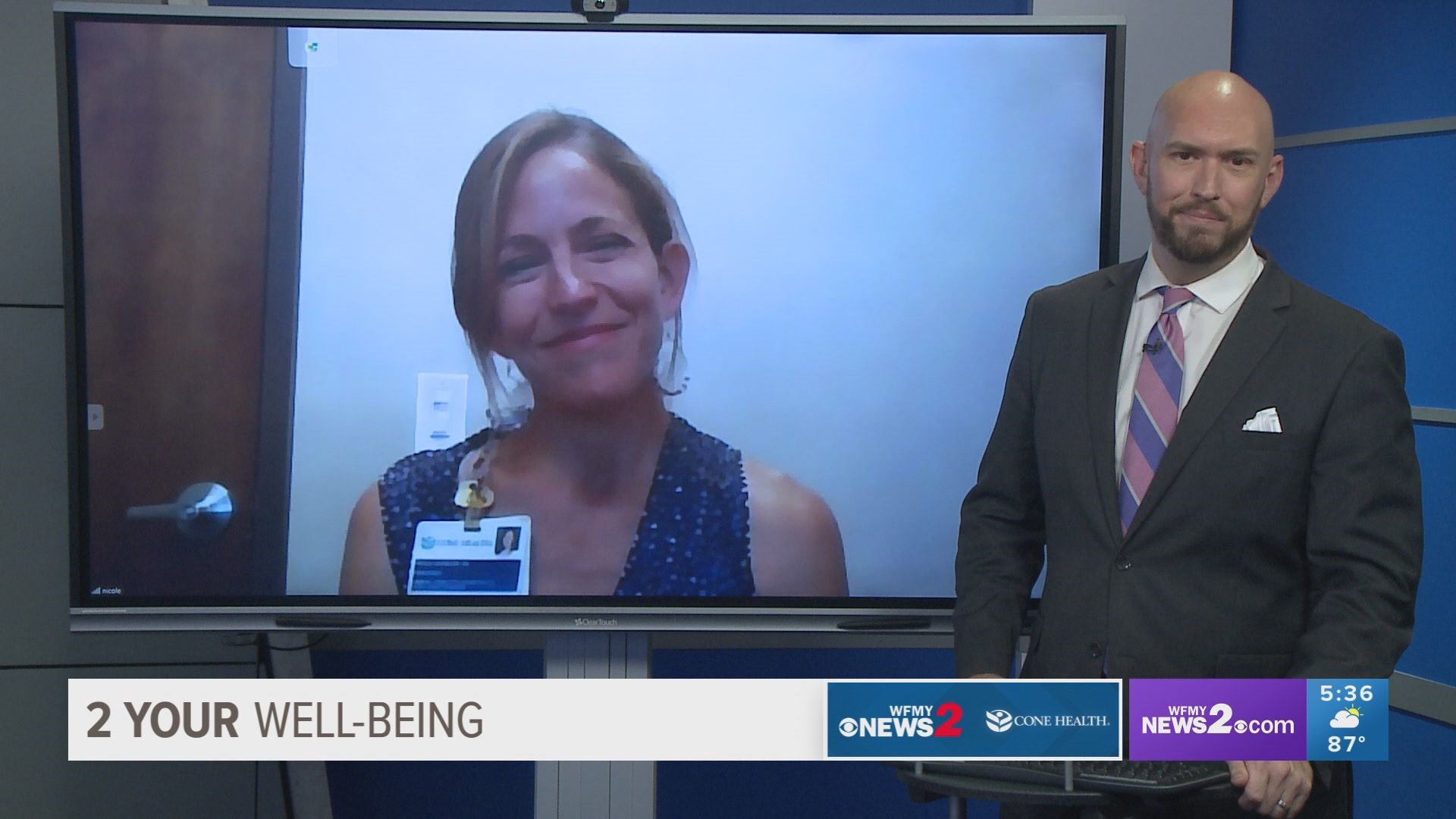DALLAS — Back-to-school time is here! If your student isn't back in class now, their first day is right around the corner.
Dr. Nicole Chandler, a pediatrician with Cone Health, talks about steps to take for a healthy school year.
Back-to-school immunizations
Dr. Chandler says vaccines are our first line of defense against serious illness. Many people have gotten behind on their shots during the pandemic, but Dr. Chandler says you can easily set up an immunization appointment by calling your pediatrician.
Here are the full lists of shots required for K-12 schools and colleges in Texas.
As for COVID-19 shots and boosters, Dr. Chandler says both the CDC and American Academy of Pediatrics (AAP) recommend kids 6 months and older get a COVID-19 shot, and kids 5 years and older should also get boosted.
Back-to-school sleep schedule
Dr. Chandler says you should start getting your children back on a normal, school year sleep schedule at least a few weeks before school starts. It will help get them prepared for those early morning wake-up calls because Dr. Chandler says you don't want them to start the new year exhausted.
Grade school kids should get 10-12 hours of sleep each night, according to Dr. Chandler. And she says high school-aged kids should get at least 10 hours of sleep.
Yes, you read those numbers correctly. No, those are not typos.
"It's a time where are bodies and our brains are able to rest [and] recoup," she says. "One thing we forget about children that's very different than us is that they're growing. Every second of every day, they're growing."
Back-to-school stress
Dr. Chandler says young kids could say they have a bellyache or headache as a sign of stress or anxiety that they don't want to go to school.
You may also see your child scared of things they're not normally fearful of, or having bad behavior when they're normally a good kid.
Dr. Chandler recommends keeping a positive attitude and talking to your kids about anything that might be bothering them.
As for stressed parents, Dr. Chandler recommends you think about what you're worried about. Is it specific? If so, you can try to find out the answers to what's causing your fears. Set up a meeting with your child's teacher.
If your fears are the same as your child's, like concerns about making friends or being in a new environment, Dr. Chandler says try not to let your anxiety spread to your child. She stresses keeping a positive attitude.
Sports physicals
When you're taking your child for their regular well-child exam, don't forget you can get your doctor to fill out a sports physical form.
Dr. Chandler says the form allows the doctor to tell your child's athletic coach what problems they may have, what signs the coach should look out for, and what to do in an emergency.
The form doesn't have to be completed in the summer, either. Dr. Chandler says you can get it filled out anytime during the year.


